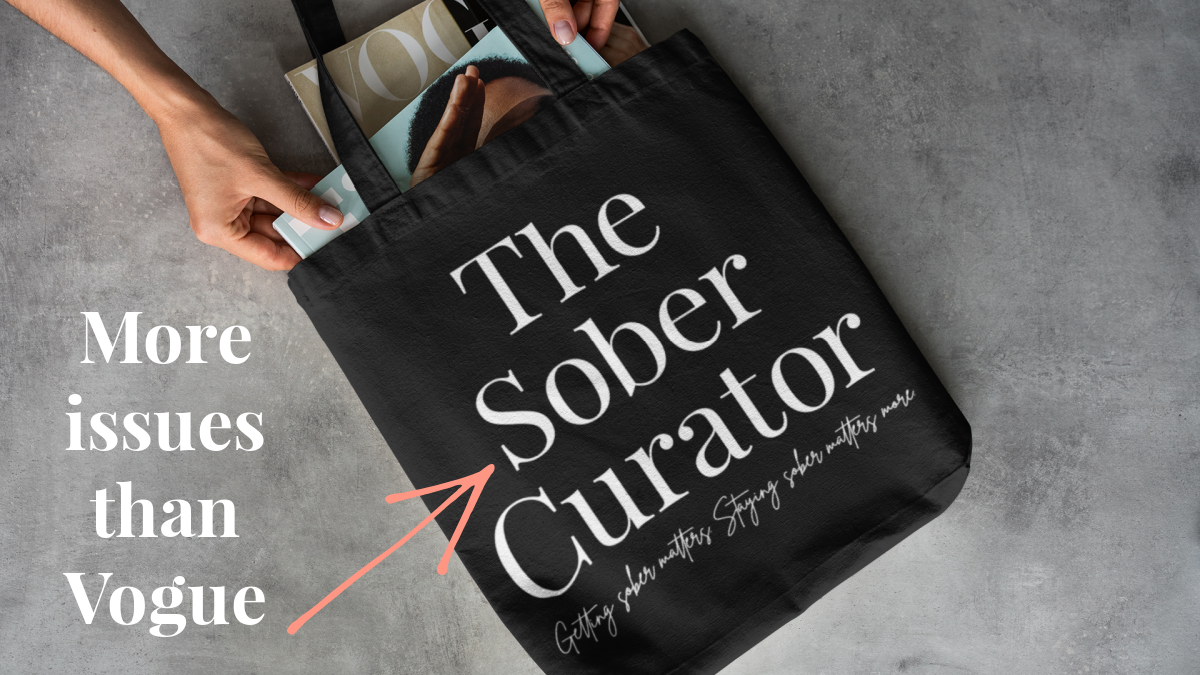
“Recovery isn’t one-size-fits-all. It’s a messy, beautiful, deeply personal journey.”
When I first got sober, I needed structure. I needed something to hold onto, a place to go, people who understood. AA saved my life. It gave me a foundation when I had nothing else. Sitting in those rooms, I learned about surrender, honesty and the power of shared experience.
But as I started to rebuild my life, I got curious. My background in nursing and my natural love of research made me start digging deeper. I wanted to understand addiction — not just from a personal standpoint, but from a scientific one. What else was out there? What other teachings and modalities could complement what I had learned in AA? That curiosity led me to explore new perspectives, from neuroscience to somatic healing to alternative recovery programs.
Navigating Recovery When the World Shut Down
Then 2020 happened. And like so many others, I found myself isolated, cut off from the in-person recovery spaces I had just started to lean on. The meetings closed, the support I had been building disappeared overnight, and I had to find new ways to stay connected to sobriety.
Online communities like Sober Mom Squad and The Luckiest Club became lifelines — proof that connection doesn’t have to be in person to be real and powerful. What drew me to these groups wasn’t just the camaraderie, but the openness to discussing other bodies of research. Through them, I found a space where personal development, neuroscience and neuroplasticity were part of the conversation. I was no longer just working on staying sober — I was learning how to rewire my brain, break old thought patterns, and step into an entirely new way of living.
The Power of Personal Discovery
The right messaging matters. What works for one person might not work for another. Some people thrive in 12-step programs; others find strength in different modalities. For me, it was about exploring, questioning and giving myself permission to embrace what felt right.
Through studying addiction science, I learned that recovery is about more than just abstinence — it’s about healing the brain, the nervous system and the patterns that keep us stuck. It’s about unlearning old survival mechanisms and replacing them with something better. And most importantly, it’s about finding the tools that make you feel empowered in your own sobriety.
AA saved my life, but curiosity and continued learning helped me thrive.
Whether you’re new to sobriety or redefining your path, remember: There’s no single right way to do this. What matters is that you keep going, keep seeking, and keep building a recovery that feels like home to you.
If you’re looking for support, check out these online communities:
📌 The Luckiest Club
🎧 Listen to Episode 5 Now:
🔗 Spotify
🔗 Apple Podcasts
Peace Within, Bull Shit Out —
Kate

YOU’VE BEEN SELECTED: Sober Curator Contributor Kate Vitela has been an RN in Pacific Northwest for over two decades and sober since 2018. You’ve Been Selected is a column that describes her journey through coaching, addiction, eating disorders, and what is now known as Drunkorexia.

WALK YOUR TALK is The Sober Curator’s style destination for those redefining what it means to live vibrantly alcohol-free. From runway-ready ensembles to effortless everyday glam, we celebrate confidence, clarity, and the joy of dressing boldly without the pre-funk or party drinks.
More than a fashion column, Walk Your Talk highlights curated finds from our #ADDTOCART section, spotlights sober-owned small businesses, and showcases unique merch that makes your alcohol-free journey unapologetically chic. We proudly partner with the Break Free Foundation, bringing sobriety’s brilliance to the runway during New York Fashion Week and beyond.
💫 Because the best thing you can wear is clarity, confidence, and a killer sense of style.

Resources Are Available
If you or someone you know is experiencing difficulties surrounding alcoholism, addiction, or mental illness, please reach out and ask for help. People everywhere can and want to help; you just have to know where to look. And continue to look until you find what works for you. Click here for a list of regional and national resources.






